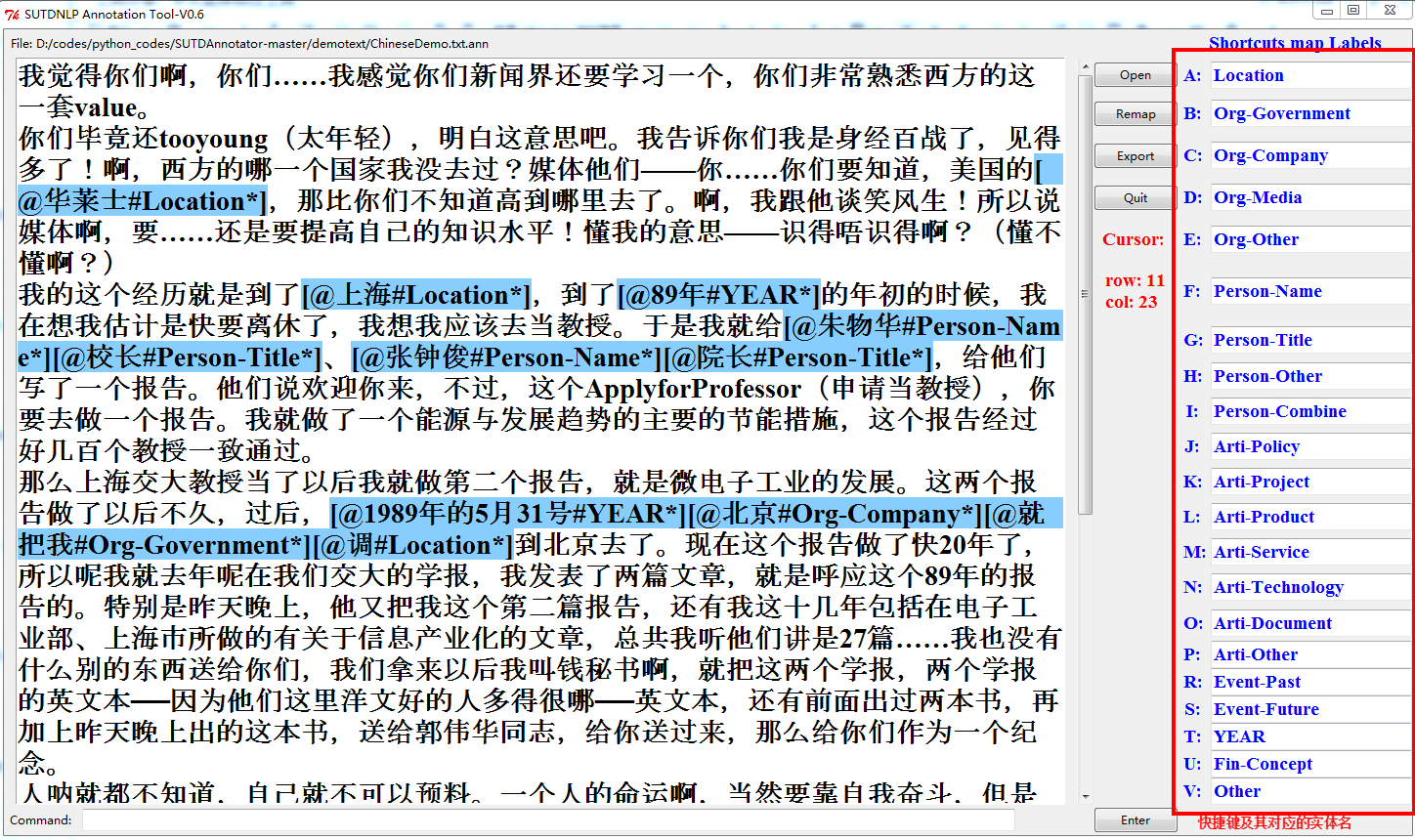(PAT 1065) A+B and C (64bit) (整数溢出问题)
Given three integers A, B and C in [−2^63,2^63], you are supposed to tell whether A+B>C.
Input Specification:
The first line of the input gives the positive number of test cases, T (≤10). Then T test cases follow, each consists of a single line containing three integers A, Band C, separated by single spaces.
Output Specification:
For each test case, output in one line Case #X: true if A+B>C, or Case #X: false otherwise, where X is the case number (starting from 1).
Sample Input:
31 2 32 3 49223372036854775807 -9223372036854775808 0
Sample Output:
Case #1: falseCase #2: trueCase #3: false
解题思路:
整数相加溢出问题
如果两个正数相加结果<=0,则发生了溢出
如果两个负数相加结果>=0,则发生了溢出
如果正数发生了溢出,那么它们相加一定比结果要大,如果负数发生了溢出,那么它们相加一定比结果要小
分情况讨论即可
#define _CRT_SECURE_NO_WARNINGS#include <iostream>#include <algorithm>#include <string>using namespace std;int main() {int N;bool flag = false;scanf("%d", &N);long long a, b, c;for (int i = 0; i < N; ++i) {scanf("%lld %lld %lld", &a, &b, &c);long long res = a + b;if (a > 0 && b > 0 && res <= 0) {flag = true;}else if (a < 0 && b < 0 && res >= 0) {flag = false;}else {if (a + b > c) {flag = true;}else {flag = false;}}if (flag) {printf("Case #%d: true\n", i + 1);}else {printf("Case #%d: false\n", i + 1);}}system("PAUSE");return 0;}



































还没有评论,来说两句吧...